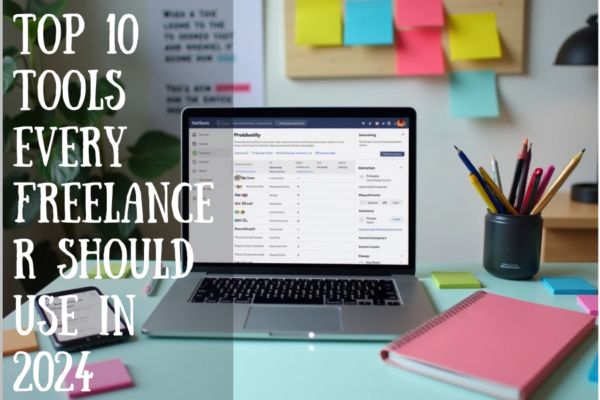
5 Best Insurance Tips to Save Money and Find the Right Coverage
1. Understand Your Coverage Needs Before buying insurance, it’s essential to assess your needs. Do you need comprehensive coverage for your car or just liability insurance? Is your home in need of additional protection against natural disasters, or is basic coverage enough? By clearly identifying your needs, you can avoid overpaying for unnecessary coverage and make sure you’re properly insured. Tip: Make a list of your personal assets, family situation, and any unique risks you may face to help you tailor your coverage. For example, if you live in a flood-prone area, you might need additional flood insurance on top of your standard home policy. 2. Shop Around and Compare Quotes One of the most effective ways to save money on insurance is to shop around and compare quotes from multiple providers. Different insurers may offer similar policies at varying prices, so it’s essential to evaluate your options. Tip: Use online comparison tools to get a quick idea of the best deals available. Additionally, check with local agents who might offer personalized discounts or better deals tailored to your location. 3. Bundle Your Insurance Policies Many insurance providers offer discounts if you bundle multiple policies, such as car, home, and life insurance. Bundling can save you a significant amount on premiums, making it a smart choice if you need more than one type of insurance. Tip: Check with your current insurer to see if they offer bundling discounts. If you’re considering switching providers, ask about bundling offers to maximize your savings. 4. Increase Your Deductible If you’re willing to pay a higher deductible (the amount you pay out-of-pocket before your insurance kicks in), you can lower your monthly premium. This can be an excellent option if you’re financially stable enough to cover the deductible if a claim arises. Tip: Evaluate your financial situation and choose a deductible that balances saving on premiums with your ability to cover the costs in the event of a claim. Increasing your deductible by just a small amount can significantly reduce your premium. 5. Review Your Policy Regularly As your life changes, so do your insurance needs. Whether you’ve purchased a new car, renovated your home, or welcomed a new family member, it’s important to update your insurance policies regularly. Regularly reviewing your insurance coverage ensures that you’re not paying for outdated or unnecessary coverage. Tip: Set a reminder to review your policies at least once a year. This can help you identify opportunities for savings, such as removing unnecessary coverage or taking advantage of new discounts. Final Thoughts Finding the best insurance policy doesn’t have to be a daunting task. By following these expert insurance tips, you can save money while ensuring that you have the right coverage to protect your assets and loved ones. Remember to assess your needs, compare quotes, bundle policies, increase your deductible, and regularly review your coverage. By staying informed and proactive, you can make confident decisions about your insurance. If you’re unsure about which insurance policy is right for you, don’t hesitate to reach out to an insurance advisor who can help guide you toward the best options for your unique situation.


















